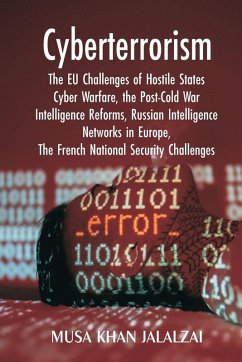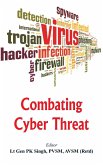The Defence, Security and Foreign Policy Review of the UK government has predicted a contested and competitive world as Russian and China extended their exponentially growing assertiveness. Britain's new Foreign Influence Registration Scheme (FIRS) was introduced under the National Security Act, which stands in need for those to make preparation for transparency of their political influence activities. This authenticates a better arrangement of information about foreign state actor's interference. The UK and EU have been embroiled in a complicated web by growing assertiveness of these actors. In 2024, a series of incidents appeared in social media and newspapers spotlighting vulnerability of EU security to hostile State Actors. Foreign Information Manipulation has become a precarious threat to democratic societies in Europe and Manipulation stratagem and gambit mean constituting packages of false and concocted information in order to create confusion. The polarization of opinions strengthens standpoint that silence more moderate viewpoints. There were speculations about the interference of Generative Artificial Intelligence in the elections of both France and the UK in 2024. Post-Cold War intelligence evolved in different shapes, sometimes becoming different, modernized and reformed, sometimes failing to come out of former Soviet cloak and dagger perceptions, but this consecutive struggle resulted in an extended battle for reforms, reshaping and revamping. Musa Khan Jalalzai's comprehensive exploration of contemporary security challenges, particularly focusing on the evolving risks to European security in the digital era. Musa Khan Jalalzai, an expert in the field of security studies, provides a detailed and nuanced analysis of how cyberterrorism, cyber warfare, and intelligence networks impact the European Union. Mr. Jalalzai takes an in-depth look at France's national security challenges, particularly the country's response to both traditional and emerging cyber threats. He explains how France, a key EU member state, is investing in cyber defence and intelligence reforms to protect its sovereignty against hostile activities, both from state and non-state actors.
Hinweis: Dieser Artikel kann nur an eine deutsche Lieferadresse ausgeliefert werden.
Hinweis: Dieser Artikel kann nur an eine deutsche Lieferadresse ausgeliefert werden.








